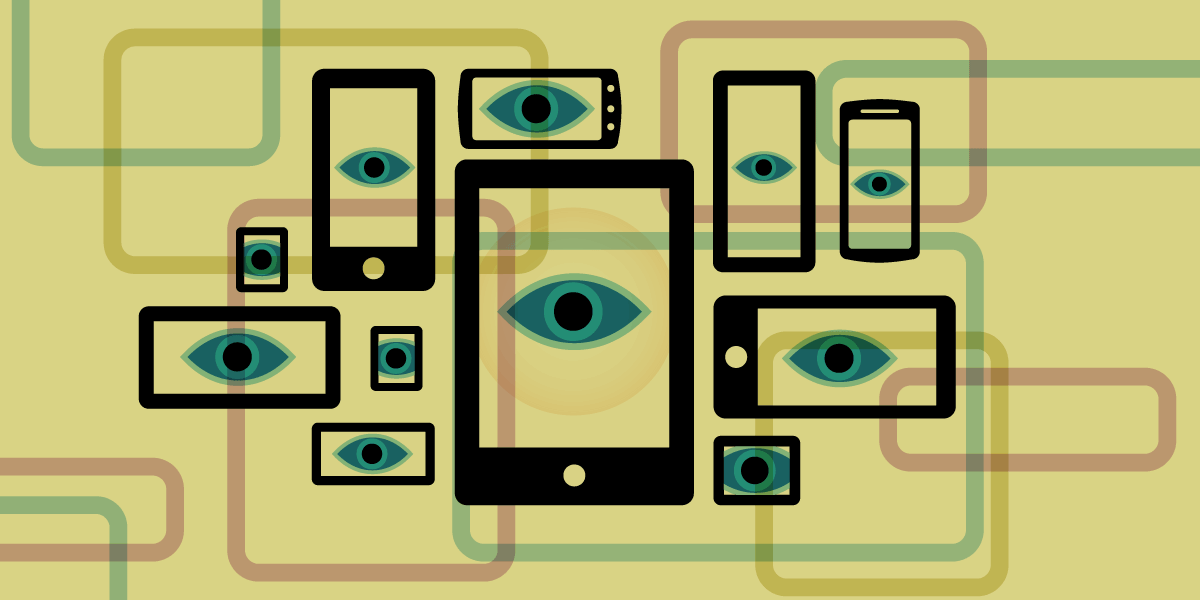
"The Court of Appeals for the Ninth Circuit, which covers California and most of the Western U.S., just delivered good news for digital privacy: abandoning a phone doesn't abandon your Fourth Amendment rights in the phone's contents. In United States v. Hunt, the court made clear that no longer having control of a device is not the same thing as surrendering the privacy of the information it contains."
"We argued that a person may be separated from-or even discard-a device, yet still retain a robust privacy interest in the information it holds. Treating phones like wallets or backpacks ignores the reality of technology. Smartphones are comprehensive archives of our lives, containing years of messages, photos, location history, health data, browsing habits, and countless other intimate details. As the Supreme Court recognized in Riley v. California, our phones hold "the privacies of life," and accessing those digital contents generally requires a warrant."
The Ninth Circuit held that abandoning physical possession of a phone does not automatically forfeit Fourth Amendment protection in the phone's digital contents. Courts must evaluate intent to abandon a device separately from intent to abandon the data stored on that device. Smartphones store extensive personal information—messages, photos, location history, health data, browsing records—and will rarely be treated as intentionally abandoned in terms of privacy. Digital-rights organizations urged that separation from a device does not eliminate privacy interests in its contents. The ruling reinforces Riley v. California's recognition that phones hold "the privacies of life" and generally require a warrant.
Read at Electronic Frontier Foundation
Unable to calculate read time
Collection
[
|
...
]